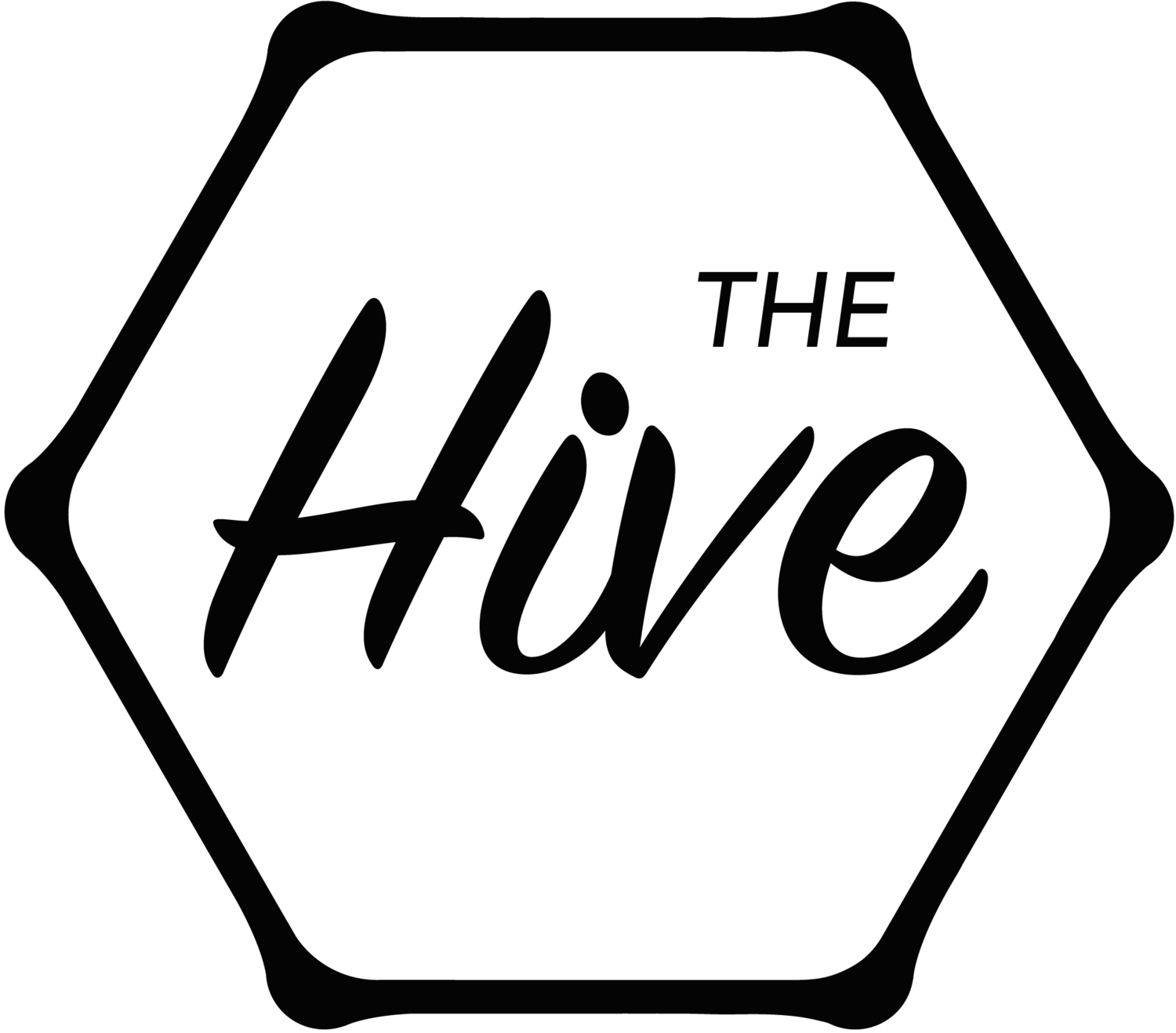Dialogue is the encounter between men, mediated by the world, in order to name the world...[and so] dialogue cannot be reduced to the act of one person depositing ideas in another, nor can it become a simple exchange of ideas to be consumed by the discussants.
—Paulo Freire “Pedagogy of the Oppressed” (1970)
The Hive has described itself as a center for contemplation, art, and action, contending that the tools of inner change and creativity are also tools for social healing and transformation. In contemplation we are developing an inner observer and building dialogue, which is a lot like prayer, poetry, and counseling.
But changing our individual lives doesn't go far enough. So many of us desire change in the outer world. We want oppression to end. Yet we so often miss the forest for the trees by resorting to different stances toward social change than we do regarding inner change. While we realize inner change takes practice and body awareness, we often assign the responsibility for outer change to external, "objective" perspectives:
We join book clubs
We start committees
We wring our hands in self-proclaimed "holy huddles" and say "why don't they change?"
But as Brazilian educator and revolutionary Paulo Freire writes, liberative change must use tools that the oppressors have not used, tools of dialogue. We need to learn these together.
Many Hive courses are experiences to build and practice these tools. Small groups are vehicles for change because they utilize dialogue. Admittedly, some of those with whom we want and need to engage won't be in our Hive classes, and yet the diversity that does exist gives us practice for further, wider dialogue and co-creation. Our hope is that these classes are not just groups of likemindedness talking about "the problem" out there. Change can begin with us, as we give time, energy, and commitment to "amplify voices that fight to be heard elsewhere," and to listen for, seek out, and join conversations with those voices.

